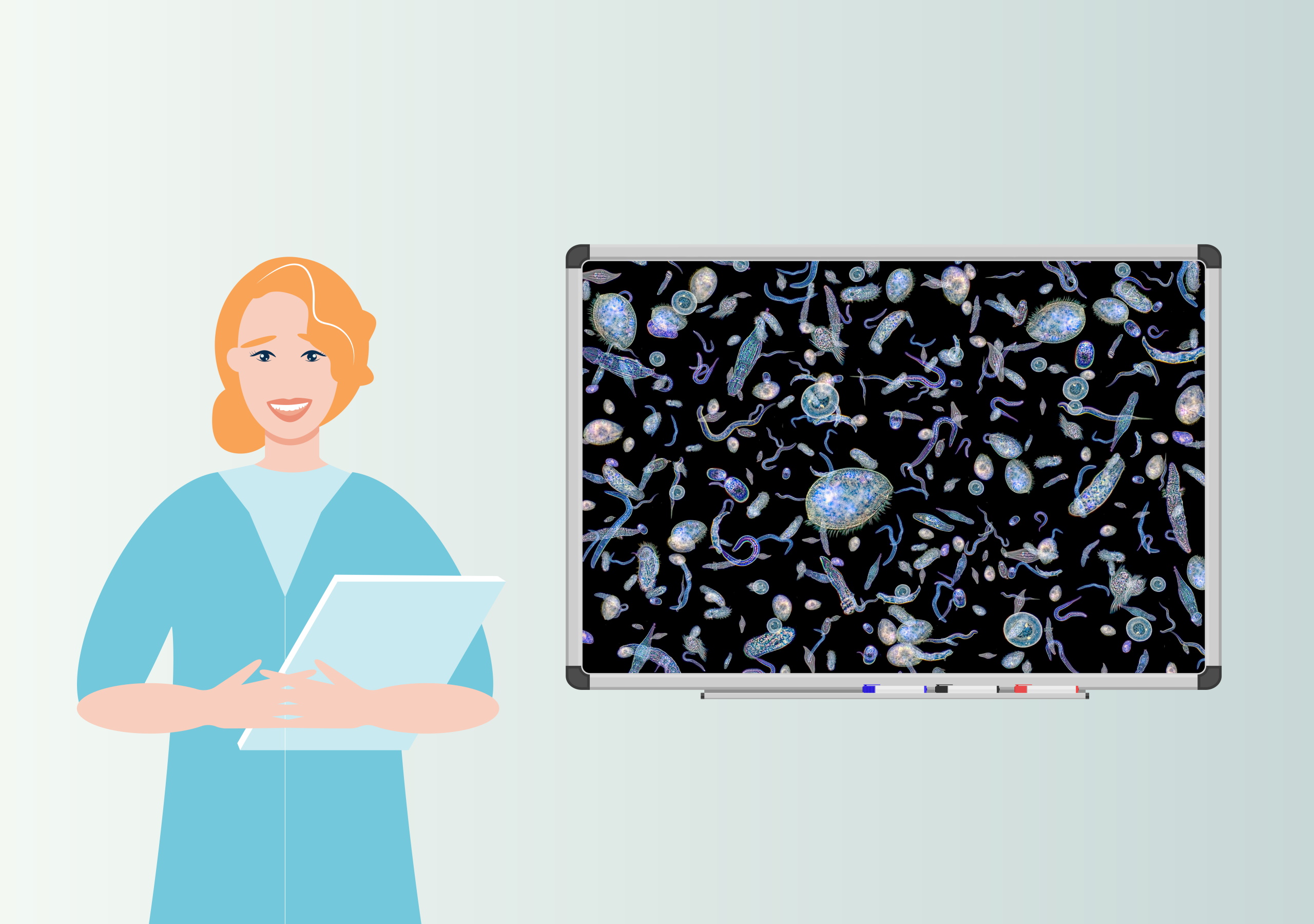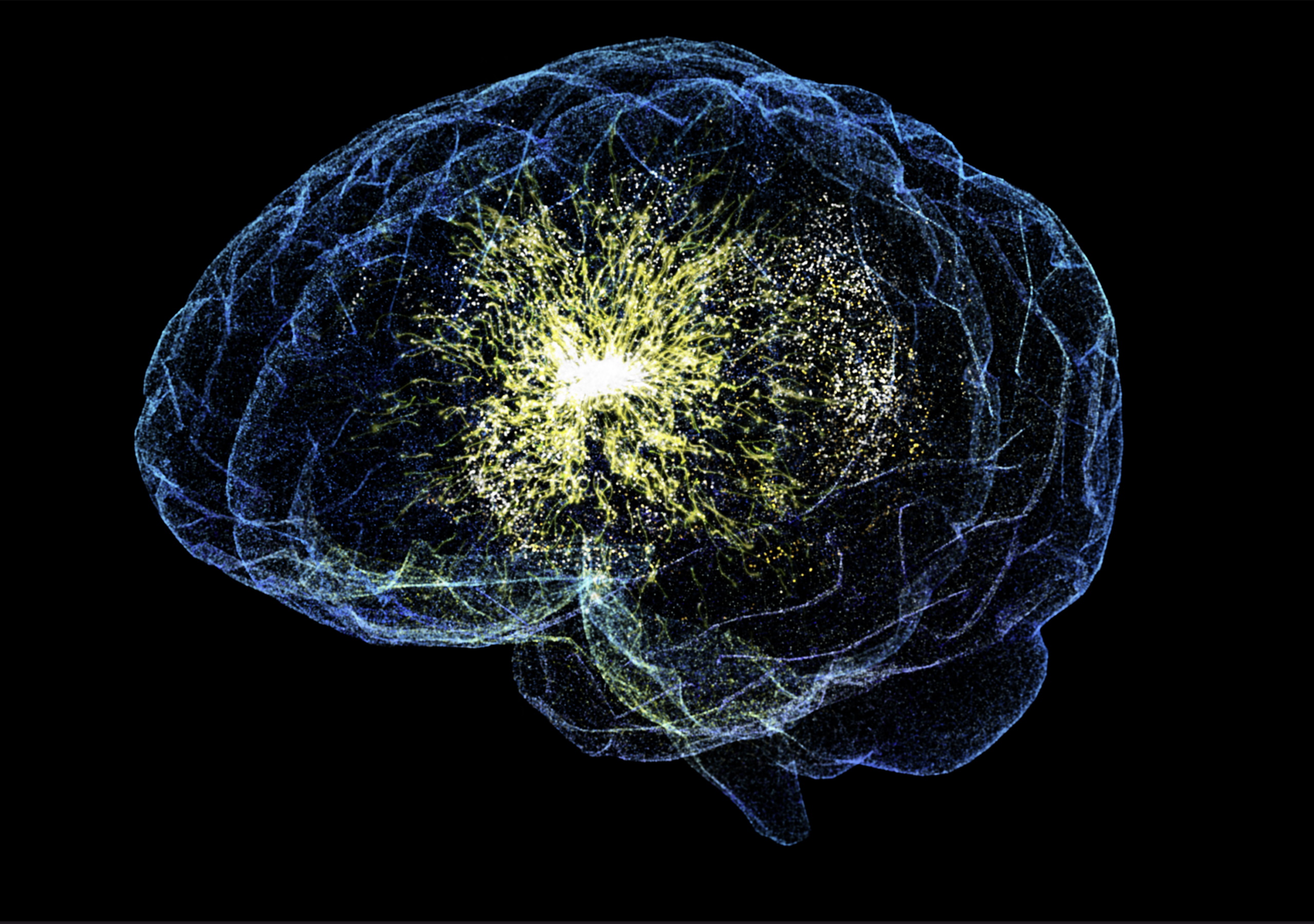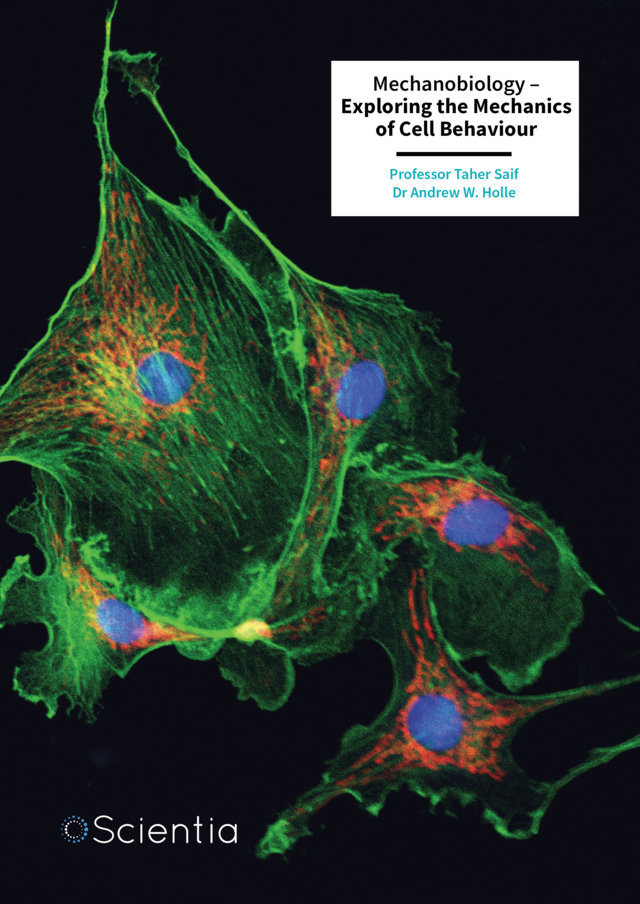In a novel exploration of human radicalism, defined by governments as violent attacks, Dr Jerome Premmereur, a cardiologist and a clinical research expert based in the United States, draws on the philosophy of Baruch Spinoza to propose innovative solutions to the pressing societal issue of terrorism. His new book, “A Biological, Psychological and Philosophical Approach to Human Nature and Radicalism”, examines radicalism through the lens of human biology and Spinoza’s concepts, offering a comprehensive approach to understanding and mitigating extremism. Premmereur argues that radicalism is an inherent part of human nature, but can be addressed through a holistic strategy encompassing education, politics, balanced laws, healthcare, and economic stability. By revisiting ancient Greek democracy and applying Spinoza’s ideas to modern challenges, Premmereur presents an optimistic vision, although challenging in practice, to reduce extremism and create a better world. More
Today, our societies struggle with stark polarisation over numerous deeply contentious issues. An example is the debate over vaccines during the COVID-19 pandemic, which went far beyond medicine and science. This societal divide was not just about the stereotypes of scientifically grounded vaccine advocates against ignorant religious fanatics. It reflected a much more radical agenda often propagated by politicians and conspiracy theorists. A few years into the pandemic, we are left with a traumatized society with profound consequences for psychiatry and social structures.
In his new book, Dr Jerome Premmereur proposes potential solutions for the problem. His novel analysis investigates human nature through the lens of human biology and the philosophy of Baruch Spinoza. He attempts to present his “Spinozist” approach to radicalism in an accessible format, which readers can use as a reference to delve further into the topic.
Baruch Spinoza’s philosophical proposals are extensive and complex. In his work, Premmereur examines seven key concepts that are relevant to the mitigation of radicalism and its biological foundations.
The first is Spinoza’s argument that humans are in a state of ‘servitude’ to their ‘affects’ or ‘passions’. He argued that humans almost always act on impulse rather than reason, not understanding the true cause of their desires or actions. Freedom from this is in fact possible, but it’s a difficult path. An individual must develop virtue, knowledge and understanding of oneself within nature (Spinoza uses ‘nature’ or ‘God’ as interchangeable terms).
Secondly, Spinoza stated that there are three kinds of human knowledge: first are emotions, affects, and passions, and these constitute almost the entirely of knowledge for the vast majority of the population. Next is much more limited reason based on rational notions of relationships between things, and third is also very rare and is the knowledge of the essences, the expressions of nature (i.e. the empty concept of God reduced only to nature).
Third, Spinoza argued that free will is an illusion, because human actions and decisions are determined by prior causes following necessary natural laws. He believed that true freedom comes from understanding the causes of our actions and aligning ourselves with the natural order through reason.
Fourth, Spinoza made a case that the mind and body are not separate, but rather two attributes of a single substance. This philosophical concept was often discussed as the “parallelism” from the philosopher Leibniz’s in the 17th century and continued up to now.
Fifth, Spinoza viewed human beings as integral parts of nature, not separate from it. He saw our existence as a continuous process of composition and decomposition through interactions with external physical and biological forces.
Sixth, Spinoza believed that all organic life, including human beings, has an eternal essence that is a particular expression of nature. These essences are unchanging and exist outside of time, occurring before, during and after existence.
The seventh of Spinoza’s ideas is “living together”. While Spinoza believed that humans naturally have many and often exclusively inadequate ideas and are driven by their passions, he argued that “nothing is more useful to man than man”. He believed that human interaction is crucial for growth and that isolation can make it harder for individuals to understand and manage their passions. Despite the benefits of social interaction, Spinoza recognizes that human nature makes it necessary to have leaders, laws, and republics or democracies for the common good.
Premmereur asserts that Spinoza’s ideas are relevant to biological and clinical research in the 21st century. Three sections of his new book are respectively dedicated to Spinozism, biology, and the novel integration of both. This prepares the reader for later chapters in the book that conceptualise extreme radicalism as a dysfunction of the body/mind and propose potential solutions to this threat. Two more sections are devoted to the human history of radicalism and to potential solutions to mitigate violent radicalism.
So, how can Spinoza’s ideas help us to understand radicalism?
Radicalization can be seen as an extreme manifestation of humanity’s servitude to our affects and passions. In fact, Dr Premmereur introduces the concept of “homo radicalis”, suggesting that violence and radicalism are inherent parts of human nature. This aligns with Spinoza’s view that humans are not separate from nature but part of it.
Spinoza believed that understanding the affects with your mind and your body, as one learns how to swim or ride a bicycle, could lead to freedom. He also conceptualised mind and body as two aspects of the same entity. Using these ideas, Dr Premmereur suggests that studying and understanding radicalism through various trials could help to mitigate it. He argues that we need to study both psychological and biological factors in order to tackle the problem.
Spinoza emphasized the impact of external forces on human behaviour and the importance of a well-organised society for human flourishing. Dr Premmereur discusses how various external social, political and economic factors can influence radicalism. He argues that addressing it requires a holistic approach, including education, fair politics, balanced laws, healthcare, and economic stability.
Dr Premmereur identifies five key elements that help a society to refrain from violent radicalism: access to education and critical thinking, political fairness, balanced laws with non-discriminative enforcement, adequate access to medicine, and a decent economic situation for the poorest in society.
The ultimate aim of Premmereur’s book is to generate possible solutions to mitigate radicalism and he suggests several psychogenic and sociogenic solutions.
One example highlights the issues surrounding political and religious trends in the United States today. Despite the growing number of non-religious citizens, religion continues to play a crucial role in US politics. For example, candidates for elections are required to consider religious organizations in their strategies and some states still have laws that discriminate against non-believers, such as prohibiting atheists from holding public office.
Exclusion based on religious beliefs (or lack thereof) is a major driver of dangerous radicalism, and addressing it through political and legal means is critical to reducing extremism. Dr Premmereur argues that the US First Amendment should be more strictly enforced, so that all religions and non-religious groups are equally protected. The growing population of non-believers should be recognised and Spinoza’s ideas about freedom of thought and reason should be implemented.
Finally, Premmereur warns against resigning ourselves to the idea that human beings cannot escape radicalism. He presents the Age of Pericles in ancient Athens as a historical example of reduced radicalism and increased intellectual flourishing. This was achieved through a form of direct democracy and philosophical inquiry. Thinkers have analysed this period, suggesting that a balance between individual needs and collective governance, along with the management of human affects and passions, is crucial to mitigating fanatical radicalism. While imperfect, this ancient Greek model offers inspiration for modern efforts to create a better world with less violent extremism, through improved governance, education, justice, and understanding of human nature.
Dr Premmereur has drawn on the work of Spinoza to frame radicalism within a holistic understanding of humanity. He has highlighted key issues in our current political and social landscape and suggested potential solutions. The obstacles we face are challenging but he believes that they are surmountable and that a better world is possible.







